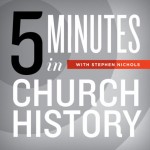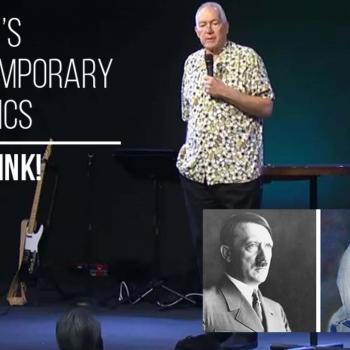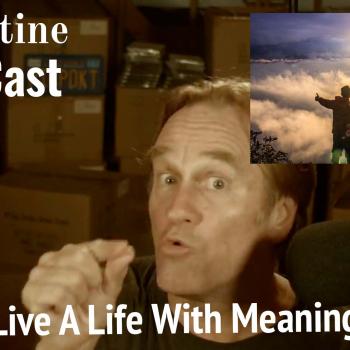
What are the stories we tell ourselves, and how do these stories shape what we believe and how we live? What kind of disciples do these stories and doctrines create? How should the gospel and our liturgical practices form us into a discipleship that is following Christ’s call on our lives? How does a life of discipleship flow out of doxology and worship? Why are our daily habits and practices so critical in our discipleship?
We need to remind ourselves once again that worship is the natural response to encountering the God of Scripture. Once we have been captivated by his mercy and kindness to us in Christ, we not only offer him praise and adoration, but we also give him our very selves, for we are now no longer our own, but have been bought with a price.
Do you not know that your bodies are temples of the Holy Spirit, who is in you, whom you have received from God? You are not your own; you were bought at a price. Therefore honor God with your bodies. (1Corinthians 6:19-20).
On this program the hosts discuss what it means to become true and lasting disciples of Jesus Christ as they continue their series, Finding Yourself in God’s Story, on this episode of the White Horse Inn.
“There’s a lot of emphasis in our generation and in the whole history of evangelicalism on spontaneity. Get rid of order. Get rid of formalism. This is understandable and a correct critique of formalism but that can become a dangerous attack on forms and structure. I remember growing up with — even though it was non-liturgical evangelical background — lots of liturgies and there were also lots of disciplines. There was a lot of structure. You were expected to go to church in the morning and in the evening and in the Wednesday night prayer service and the church was pretty full at all of those services.
“Now, you look at a generation of boomers who reacted against that as ‘legalism’ and now people don’t even want to show up for church. You drive by the mall and its parking lot is overflowing on Sunday and there is very little of what there used to be. I even reacted when I went through my college years against a kind of pietistic environment where everything was, ‘Have you had your quiet time today?’ and it was all based on guilt. So, I reacted against that too. No, I should have a quiet time or whatever it is. I should read my Bible regularly and pray regularly by myself and with other people, but not on the basis of guilt. You don’t get rid of the discipline if you want to be a disciple. Liturgy is one of those disciplines, one of those structures, which is essential. Sunday is a good day to test whether we are being immersed in the greatest story ever told or whether we are being shaped by these other cultural liturgies.” – Michael Horton
Term to Learn:
“Church as Counter-Culture”
Cultures enact and uphold certain ritual practices that act as liturgical formations of identity through imaginative means. Such ritual forces of culture are not satisfied with being merely mundane; embedded in them is a sense of what ultimately matters.
…so that you may be able to discern what is best and may be pure and blameless for the day of Christ (Philippians 1:10)
‘Secular’ liturgies are fundamentally formative, and implicit in them is a vision of the kingdom that needs to be discerned and evaluated. From the perspective of Christian faith, these secular liturgies will often constitute mis-formation of our desires – aiming our heart away from the Creator to some aspect of the creation as if it were God. Secular liturgies capture our hearts by capturing our imaginations and drawing us into ritual practices that ‘teach’ us to love something very different from the kingdom of God.
By the same token, Christian worship needs to be intentionally liturgical, formative, and pedagogical in order to counter such mis-formation and misdirections. While the practices of Christian worship are best understood as the restoration of an original, creational desire for God, practically speaking, Christian worship functions as a counter-reformation to the mis-formation of secular liturgies into which we are ‘thrown’ from an early age. We must learn to consider Christian education (and worship) as a counter-pedagogy of desire. (Adapted from James K.A. Smith, “Love Takes Practice” in Desiring the Kingdom, p. 88)
(This podcast is by White Horse Inn. Discovered by e2 media network and our community — copyright is owned by the publisher, not e2 media network, and audio is streamed directly from their servers.)

















